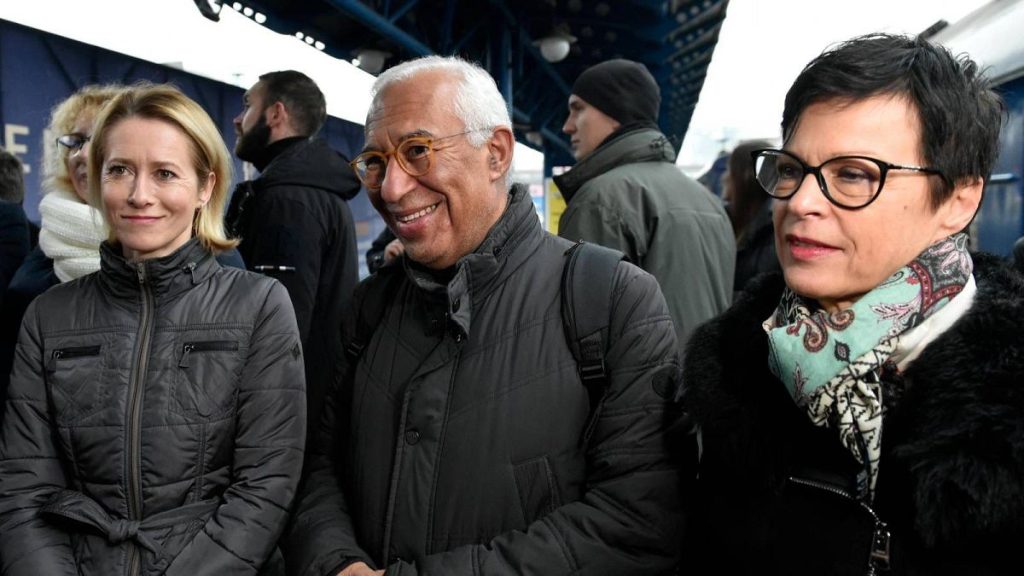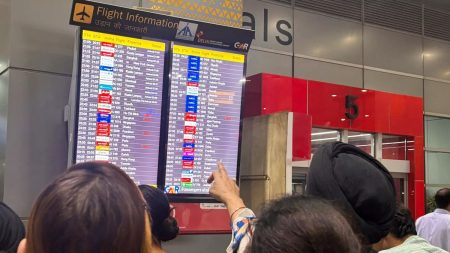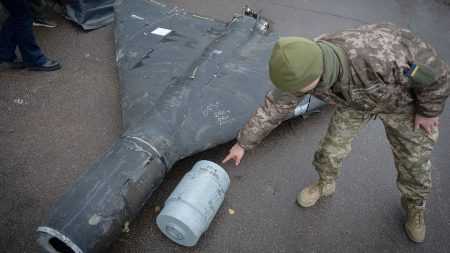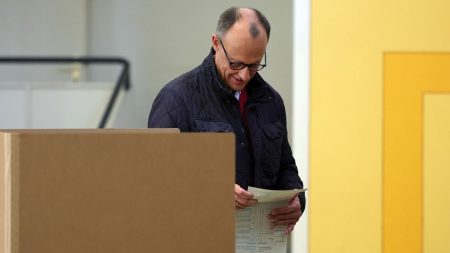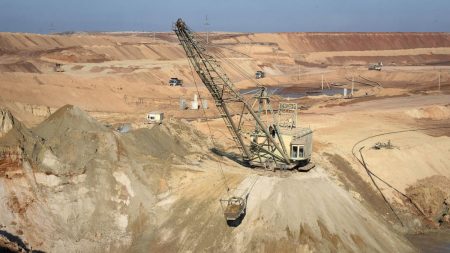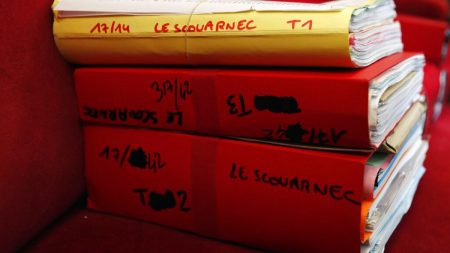On a recent Sunday, Kaja Kallas, the EU High Representative for Foreign Affairs and Security Policy, made an unexpected visit to Kyiv alongside European Council President Antonio Costa and Enlargement Commissioner Marta Kos. Their trip marked their first official international engagement in their new capacities, symbolizing the EU’s commitment to bolstering support for Ukraine in light of escalating tensions in the region. This visit comes amid concerns in Europe regarding the potential shift in U.S. foreign policy following the upcoming inauguration of President-elect Donald Trump, who has expressed skepticism about ongoing military and financial assistance to Ukraine. Trump’s remarks hint at a possibility of pressuring Ukraine into conceding territory to Russia, thus amplifying the urgency of strengthening EU support for the embattled nation.
During their discussions with Ukrainian President Volodymyr Zelenskyy, the European leaders focused on the pressing needs for military aid and funding for Ukraine’s wartime efforts. President Zelenskyy has continuously emphasized the need for additional weaponry and financial resources as the conflict with Russia intensifies. In a subsequent news conference, Costa outlined the EU’s commitment to providing significant financial support, stating that the bloc has financed repairs for a third of Ukraine’s current electricity generation capacity and is set to inject an additional 4.2 billion euros into the Ukrainian budget this month. This financial assistance is critical for Ukraine as it continues to face the harsh realities of war with Russian forces.
Furthermore, Costa elaborated on a systematic monthly aid plan that would see Ukraine receive 1.5 billion euros each month for a year, funded through the proceeds from frozen Russian assets. This strategy is part of a broader initiative previously agreed upon by the EU in May, wherein member states agreed to utilize interest accrued on approximately 210 billion euros from frozen Russian central bank assets. These assets were blocked as part of sanctions imposed due to Russia’s aggressive military actions, and the interest from these funds is expected to yield around three billion euros annually to assist Ukraine in both military and reconstruction efforts.
Amid these financial commitments, there remains ambiguity regarding whether these announcements signify new funding or simply reiterate earlier commitments made by the EU. As the situation evolves, clarity regarding the financial landscape and support from European nations becomes vital. The continuation of financial assistance is crucial not only for sustaining Ukraine’s defense capabilities but also for maintaining morale and stability within the government and among civilians facing the exigencies of war.
Additionally, Costa hinted at forthcoming initiatives directed against the Russian economy, announcing plans for a 15th sanctions package to increase pressure on the Kremlin and disrupt its capacity to sustain military operations. Although specific details about the new sanctions were not disclosed, the commitment to intensifying economic pressure against Russia underscores the EU’s resolve to stand firm in its support of Ukraine and to thwart Russia’s military ambitions in the region.
In conclusion, the visit by Kallas, Costa, and Kos to Kyiv highlights a pivotal moment for EU-Ukraine relations amid a backdrop of geopolitical uncertainties. As the EU aims to enhance its support for Ukraine, the emphasis on financial aid and military assistance signifies a proactive approach to countering Russian aggression. With concerns regarding U.S. support looming over the horizon, this commitment marks an important step in ensuring that Ukraine remains an integral part of European security considerations in the future. The ongoing financial and military support coupled with reinforced sanctions against Russia could play a crucial role in a unified European response to the crisis, as the conflict continues to redefine international relations and security strategies.




